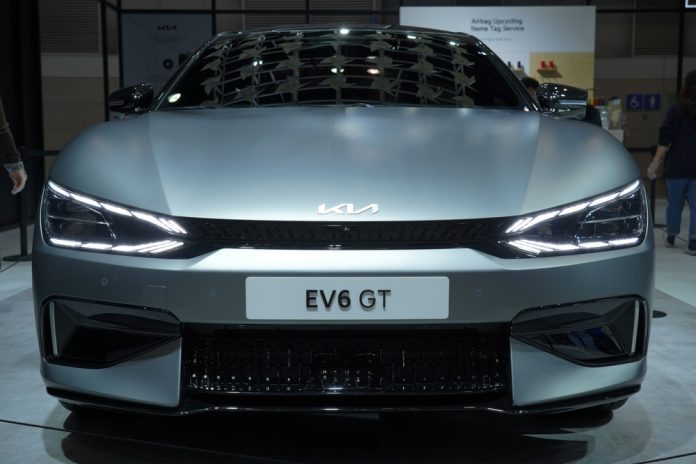Registration data from Experian suggests that legacy automakers are struggling to build momentum in the electric vehicle market, despite the sizeable growth in the segment seen throughout 2023.
According to the credit reporting agency, the number of registrations for new electric vehicles grew 68% in the first five months of the year, as purchases reached a historic 447,514 units. Overall, the market has continued to show admirable increases in demand, reflecting the trends seen in 2022. However, brand lineups that initially seemed to capitalize on the segment’s growth, such as General Motors, Ford and Kia, are now witnessing faltering sales even as EV purchases reach all-time highs.
Ford was last year’s No. 2 EV brand, although its market share remained well behind the segment’s dominant player Tesla. However, the first five months of 2023 show the company has fallen to third place, with sales of its Mustang Mach-e falling as much as 29%. The decline is a dramatic change of pace from 2022, which saw registrations for the electric vehicle grow by 50% during the same period. Similarly, Kia’s EV6 saw flagging demand despite making admirable gains in the first half of last year, with deliveries falling 29%. General Motors saw EV sales fall by 24% in the second quarter alone and could suffer an even greater decline in 2024 when production of its most popular battery-powered product, the Chevrolet Bolt, ends later this year.
While these shifts indicate that certain models are beginning to see flagging sales, automakers are still seeing sales gains for some models. Ford’s F-150 Lightning, for example, has seen registrations increase roughly 2,400% year-over-year, while the brand’s total electric vehicle sales rose 30% in May. Hyundai also witnessed sales of the Kona EV grow 190% from 2022, with overall EV deliveries growing 33% over the first five months of 2023. This suggests that automakers are in fact seeing high sales for specific models, and that the issue behind stagnating sales are related to the products themselves and not the brand as a whole.
Nevertheless, a majority of the growth seen in this year’s electric vehicle market has come from Tesla, which now sells six out of every ten units in the segment. The EV brand’s second-quarter deliveries reached 466,140 globally, an increase of 83% compared to the previous year. Despite the overall rise in interest for the technology, legacy brands are struggling more than ever to keep their lineups in demand. Car manufacturers may need to prioritize product development if they hope to eventually compete with Tesla.








